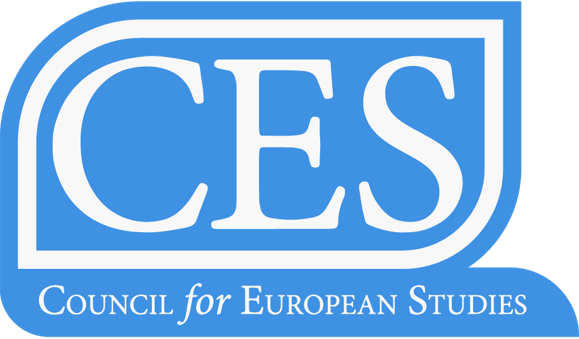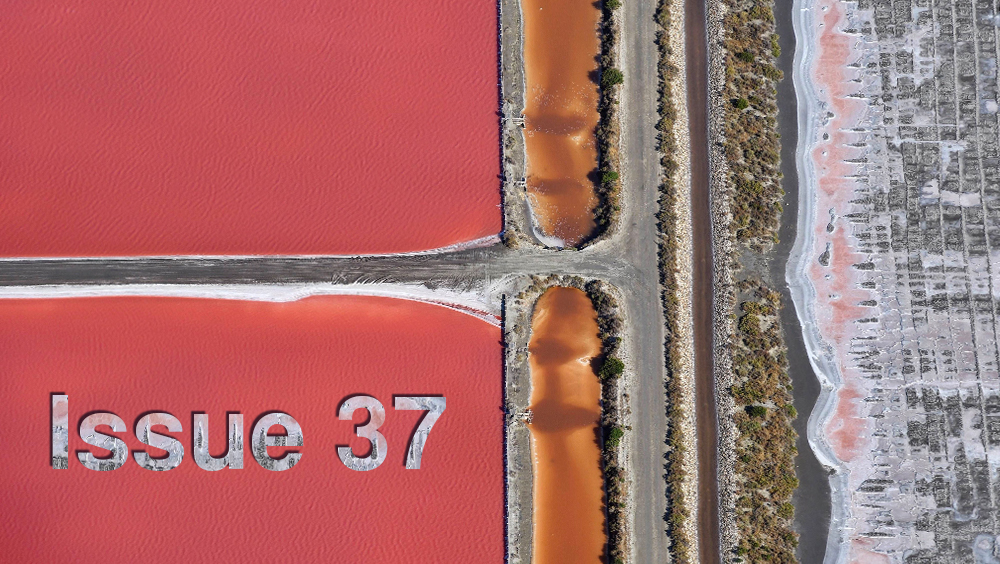The November issue of EuropeNow has arrived with a special feature on Rurality in Europe. Few research agendas seemingly emerge explicitly at the intersection of European studies and rural studies. This feature is an attempt at remodeling disciplinary epistemologies and tasking the field of European studies to remedy this lag. It seeks to encourage a more engaged representation of rural areas and rural populations in the study of Europe and to interrogate how interdisciplinary rural scholarship and its interconnecting realms of inquiry can help frame key questions about contemporary Europe that transcend the boundaries of the rural. Through their respective examinations of a particular rural topic, contributors in this feature not only delve into specific and often place-based issues, but also help to delineate new research paths that disrupt established assumptions in European studies, showing that the rural matters in seeking solutions to the always shifting global challenges today’s Europe faces.
Hélène B. Ducros is a human geographer (PhD University of North Carolina-Chapel Hill). She studies lived space, place-making, attachment to place, and landscape change and perception. Her research has inquired into rural transformations and rural-urban dynamics through an understanding of heritage preservation. Her latest publications appear in The Routledge Handbook of Place (2020), where she looks at the intersection of public art and memory of place and in Les labels dans le domaine du patrimoine culturel et naturel (Presses Universitaires de Rennes, 2020), where she examines transnational networks of rural communities through place-based labelization. At CES, she chairs the Critical European Studies Research Network (@CESCritEuro) and the EuropeNow Campus and Research Editorial Committees.



